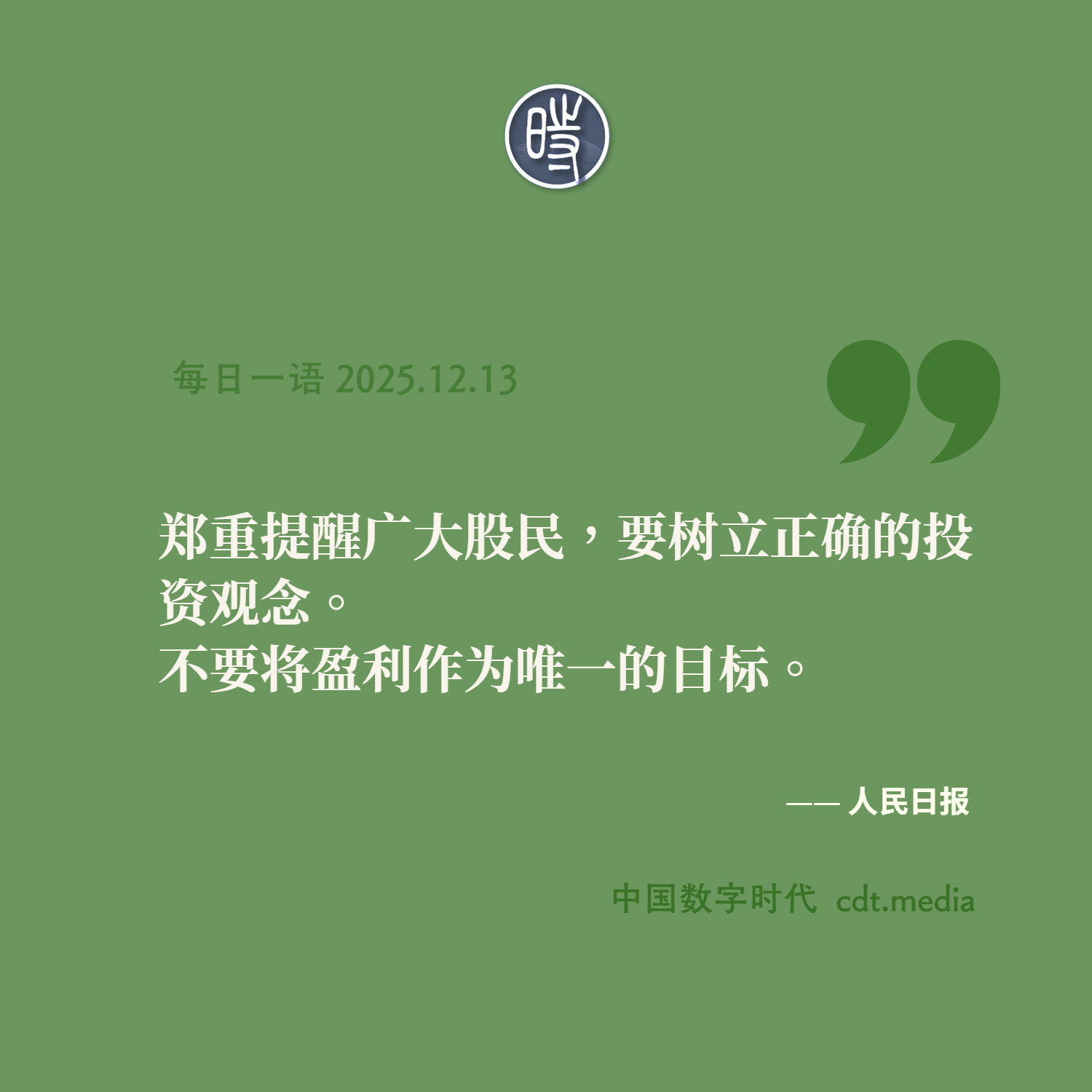Manhunt continues after two killed in shooting at Brown University
A manhunt is under way after two students were killed and nine other people were injured in a mass shooting at Brown University in Providence, Rhode Island.
The gunman opened fire in a classroom at around 16:00 local time (21:00 GMT) on Saturday, in a building where exams were taking place.
The university, one of the oldest and most prestigious in the US, was placed into lockdown as police searched for the gunman, who remains at large.
Students in parts of the campus are continuing to be told to shelter in place until police can escort them out of the area.
Officials from Rhode Island Hospital said most of the injured are in a "critical but stable" condition.
The identities of those killed or injured have not yet been released by officials.
"This is a day that we hoped never would come to our community. It is deeply devastating for all of us," said Brown University President Christina Paxson in a statement.
Police have released limited information about the male suspect, including an identity or motive. It is not known if he has links to the university.
CCTV footage showed the suspect walking out of the building after the attack but the his face can not be seen.
Providence Deputy Police Chief Tim O'Hara said the suspect was dressed all in black and may have been wearing a mask. It is not known what type of firearm he used and it has not been recovered.
"We're utilising every resource possible to find this suspect," he added, with extra armed police resources drafted into to search the area.
The shooting happened at the Barus and Holley building, part of Brown University's engineering school. The attack happened in a large classroom on the first floor.
An economics professor told local public media outlet Ocean State Radio that the shooting took place during a review session for her course, which was led by her teaching assistant.
"He said that the shooter came in the doors, yelled something - he couldn't remember what he yelled - and started shooting," Rachel Friedberg said.
"Students started to scramble to try to get away from the shooter, trying to get lower down in the stadium seating, and people got shot," she added.
Officials cleared the building on Saturday afternoon but found neither the suspect nor a weapon.
Residents in the greater Brown University area have been told to stay inside, or to stay away until the shelter-in-place order is lifted.
In a statement, the university said police would enter non-residential buildings to escort people to safe locations.
Steph Machado, a reporter for the Boston Globe, told BBC News that restaurants around the campus have locked their doors with staff and customers waiting inside until the emergency order is lifted.
"There are flashing lights everywhere," she said.
In the immediate aftermath of the shooting, it was reported that a suspect had been taken into custody but it was quickly confirmed the man held had no involvement in the attack.
Mari Camara, 20, a Brown University student from New York City, told the Associated Press that she was coming out of the library and rushed inside a restaurant to seek shelter during the shooting. She spent the next three hours hiding there.
"Everyone is the same as me, shocked and terrified that something like this happened," Camara said.

 Reuters
ReutersUniversity exams scheduled for Saturday have been cancelled, provost Frank Doyle said.
President Donald Trump, speaking to reporters as he returned to the White House from attending the annual Army and Navy football game, described the shooting as "a terrible thing".
"All we can do right now is pray for the victims and for those that were very badly hurt," he said.
Rhode Island Governor Dan McKee said in a statement: "Our capital city experienced an unthinkable tragedy today. Our hearts are with the people of Providence and all those impacted."
Brown University, one of the one of the oldest higher education institutions in the US, is part of the Ivy League, a group of elite universities in the northeast of the country.
The university, which has more than 11,000 students, is located in Providence, Rhode Island's capital city, located about 50 miles (80km) from Boston and 180 miles (290km) from New York City.
The attack on the campus brings the number of mass shootings in the US to 389 for this year, according to the independent analysis website Gun Violence Archive (GVA).
It defines mass shootings as having four or more victims killed or injured, not including the attacker.








